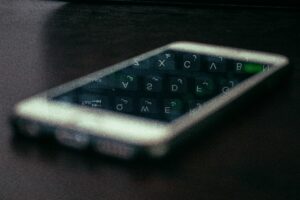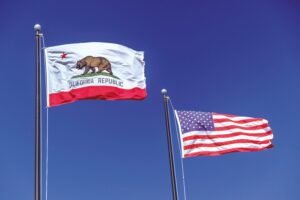September 28, 2016
 The Federal Trade Commission (“FTC”) recently prevailed in a deceptive advertising lawsuit against COORGA Nutraceuticals Corporation (“COORGA”) and its principal. The judgment provides for, among other things, a monetary penalty of approximately $400,000 for consumer refunds and a prohibition against COORGA and its owner from making misleading prevention and other health-related claims about their products in the future.
The Federal Trade Commission (“FTC”) recently prevailed in a deceptive advertising lawsuit against COORGA Nutraceuticals Corporation (“COORGA”) and its principal. The judgment provides for, among other things, a monetary penalty of approximately $400,000 for consumer refunds and a prohibition against COORGA and its owner from making misleading prevention and other health-related claims about their products in the future.
What was the nature of COORGA’s deceptive advertising campaign?
The FTC had accused COORGA of violating the Federal Trade Commission Act in connection with its sale of a dietary supplement by engaging in the following practices:
- Making an efficacy claim regarding the supplement’s ability to reverse hair-greying without properly substantiating the claim; and
- Falsely claiming that the dietary supplement was scientifically proven to prevent and reverse hair greying, without specific substantiation.
Although COORGA vigorously contested the allegations, the FTC ultimately was awarded summary judgment by the United States Court for the District of Wyoming. The court determined that there was no reliable scientific evidence to support COORGA’s claims that the dietary supplement prevents or reverses grey hair and that any claims that the product was scientifically proven to do so were false.
Best Practices to Avoid a Deceptive Advertising Lawsuit
As we have previously blogged, federal authorities and state attorneys general alike have been active in investigating and prosecuting companies for deceptive advertising practices. This ruling is a clear indication that businesses must be vigilant in gathering verifiable, scientific evidence to substantiate their health benefit claims.
If you are interested in learning more about this topic, need to review your marketing practices and procedures or if you are facing a regulatory investigation, please e-mail us at info@kleinmoynihan.com, or call us at (212) 246-0900.
The material contained herein is provided for information purposes only and is not legal advice, nor is it a substitute for obtaining legal advice from an attorney. Each situation is unique, and you should not act or rely on any information contained herein without seeking the advice of an experienced attorney.
Attorney Advertising
FTC Settles Mosquito Shield Band False Advertising Litigation
FTC Announces Dog Food False Advertising Settlement
Luminosity Settles FTC Lawsuit for $2 million



